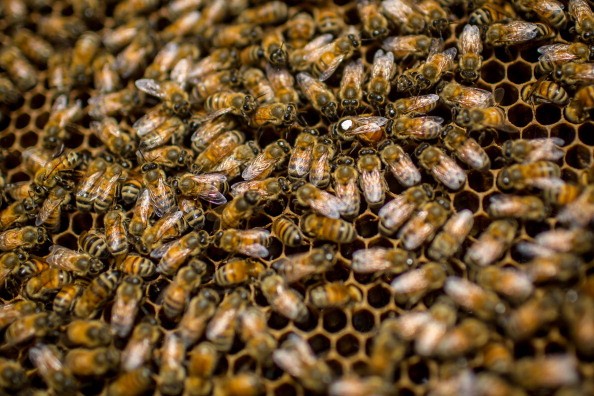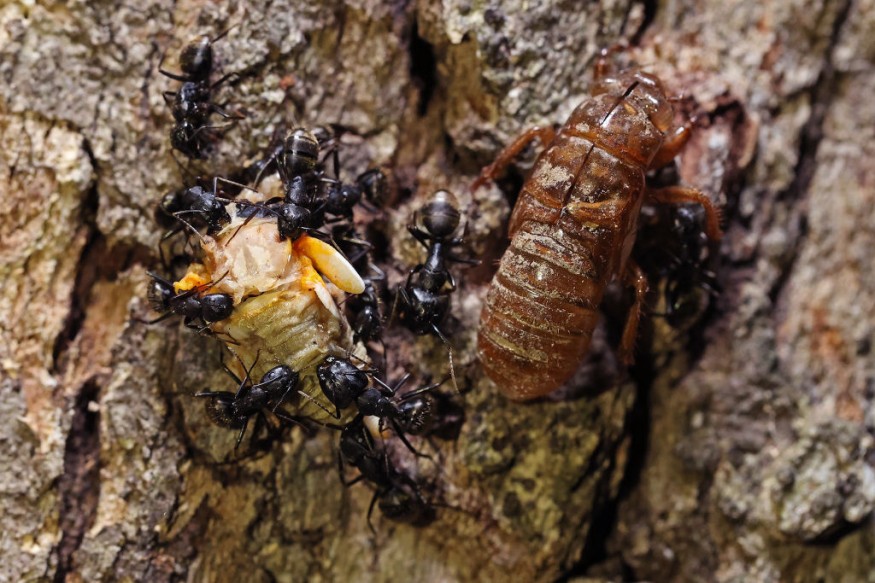nsects play an important role in our daily lives. Although they are specialists at pollination, pest management, and the decomposition of corpses, humans do not appear to spend much time thinking about them.
What would our world be like without them, with numbers declining due to habitat loss, pesticides, and the climate crisis?

Scientists warn that we risk ignoring these species if we do nothing. They've seen a significant decrease in the number of insects in recent decades.
Michael Safi discusses the intriguing world of insects with environment reporter Oliver Milman, author of The Insect Crisis: The Fall of the Tiny Empires That Run the World. Oliver explains to Michael how these little animals, generally considered an inconvenience, perform an important function in keeping the Earth habitable.
Worsening Problem
The new study suggests that while less severe, large-scale insect losses are far from over-and that insects may be more fragile than previously assumed. According to research published recently in the journal Biological Conservation, 40 percent of all insect species are in decline and may become extinct in the next decades.
"There are reasons to be concerned," main author Francisco Sánchez-Bayo, an Australian researcher at the University of Sydney, said. "If we don't do something, entire ecosystems will perish from famine."
The paper, which is the first worldwide analysis of studies on insect populations throughout the world, highlights a few species that are especially vulnerable: moths and butterflies, pollinators like bees, and dung beetles, as well as other insects that help digest excrement and debris.
The research comes after a series of high-profile articles on insect decreases that surprised even specialists in the subject. In October 2017, European researchers discovered that insect abundance (as assessed by biomass) has decreased by more than 75% in 63 German protected areas in just 27 years.
A year later, two researchers released a report in the Proceedings of the National Academy of Sciences claiming that the biomass of insects and other arthropods like spiders had decreased 10- to 60-fold in a relatively virgin jungle in Puerto Rico since the 1970s.
Extracting Data

The majority of relevant data comes from Europe and the United States to a lesser degree. Still, the rest of the globe is chronically understudied, according to David Wagner, an ecologist at the University of Connecticut who was not involved.
Half of the moth and butterfly species investigated decline, with one-third of them, threatened with extinction, whereas beetle populations are nearly identical. Meanwhile, over half of the bees and ants studied are endangered. Caddisflies are among the most endangered insects, with 63 percent of species facing extinction, partly because they deposit their eggs in water, making them more sensitive to pollution and development.
According to Wagner, there are many reasons why these creatures are in jeopardy, and there is no single smoking gun. "I'm afraid the answer is death by a thousand cuts," says the author.
Various Factors
Human-caused habitat changes, such as deforestation and conversion of natural habitats for agriculture, are among the factors contributing to the reduction. The collapse of small family farms in Europe and North America, which are known for wide pastures, hedgerows, and other areas where "weedy" plants like wildflowers may grow-areas that are ideal for insects-has undoubtedly had a role, as has the draining of marshes and swamps, according to Wagner.
Chemicals such as herbicides, fungicides, and insecticides are used in agriculture. Insecticides harm Non-target species, and neonicotinoids have been linked to the global collapse of bees. Pesticides might be to blame for one-eighth of the study's species reductions.
According to Wagner, climate change is a factor, particularly in extreme weather events like droughts, which are expected to rise in severity, length, and frequency in the future. Invasive species, parasites, and illnesses are among the other reasons.
Related Article : One of the World Largest Mass Extinctions May Have Been Triggered by Volcanic Winter
For similar news, don't forget to follow Nature World News!
© 2025 NatureWorldNews.com All rights reserved. Do not reproduce without permission.



